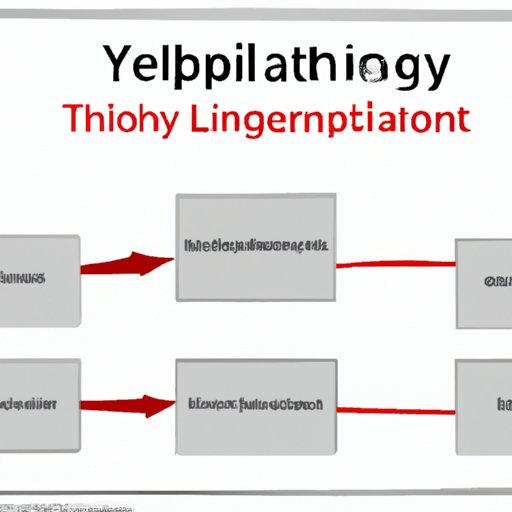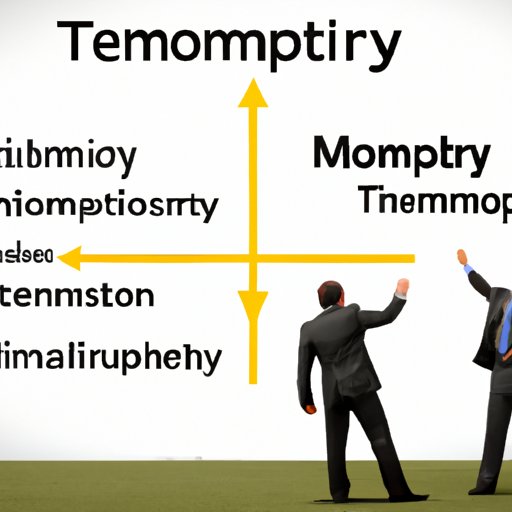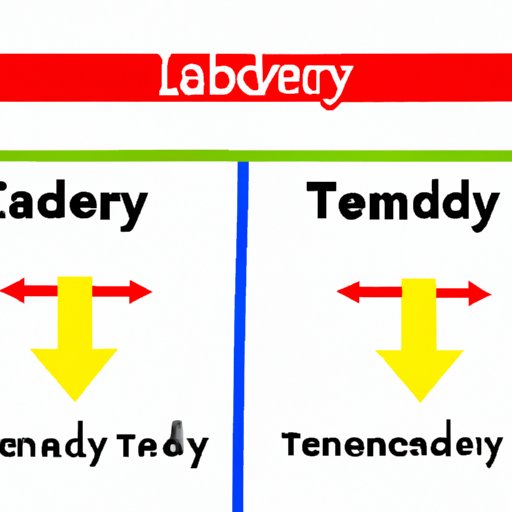Introduction
Theory Y Leadership is a style of management based on the assumption that employees are motivated by more than just economic rewards. It was first proposed by Douglas McGregor in his 1960 book The Human Side of Enterprise. According to McGregor, Theory Y leaders view their employees as creative and self-motivated individuals who are capable of taking initiative and making decisions. Theory Y leaders strive to create an environment of mutual trust and respect, where employees feel empowered to take ownership of their work and achieve their full potential.
Core Principles of Theory Y Leadership
At the heart of Theory Y Leadership are five core principles: autonomy, belief in people, self-development, responsibility, and job enrichment.
Autonomy
Theory Y leaders recognize that employees have the ability to make decisions and take initiative without direct supervision. They allow employees to determine how tasks are completed and provide them with the freedom to use their own judgment. This encourages creativity and innovation and allows employees to take ownership of their work.
Belief in People
Theory Y leaders believe that all employees are capable of success and have the potential to contribute to the organization’s success. They trust their employees to make decisions and take responsibility for their actions. This creates a culture of mutual respect and collaboration.
Self-Development
Theory Y leaders prioritize employee development and growth. They recognize that employees need to be continuously learning and evolving in order to stay competitive in their field. As such, they provide opportunities for employees to develop their skills and knowledge.
Responsibility
Theory Y leaders view employees as responsible and accountable individuals. They expect employees to take ownership of their work and take responsibility for their actions. This helps to foster a sense of accountability among employees.
Job Enrichment
Theory Y leaders understand that employees need to be engaged in meaningful work in order to stay motivated. As such, they strive to provide challenging and interesting work that allows employees to use their skills and expertise. This helps to enhance employee engagement and satisfaction.
Comprehensive Guide to Theory Y Leadership
In order to effectively implement Theory Y Leadership, organizations should follow the following steps:
Establishing a Supportive Environment
Theory Y leaders create a supportive environment in which employees feel safe to take risks and express their ideas. They provide clear expectations and feedback and promote open communication. This helps to build trust and increase employee engagement.
Encouraging Employee Participation
Theory Y leaders encourage employees to participate in decision-making processes. They provide employees with the opportunity to voice their opinions and ideas and take ownership of their work. This helps to foster a sense of ownership and responsibility among employees.
Enhancing Communication
Theory Y leaders strive to improve communication between all levels of the organization. They ensure that information is shared openly and honestly and that there is a free flow of ideas. This helps to create an environment of collaboration and trust.
Promoting Teamwork
Theory Y leaders recognize the importance of teamwork and collaboration. They promote an environment in which employees can work together to achieve common goals. This helps to foster a sense of unity and purpose among employees.
Recognizing and Rewarding Performance
Theory Y leaders recognize and reward employees for their contributions to the organization. They provide incentives for employees to exceed expectations and achieve their goals. This helps to motivate employees and encourages them to continue striving for excellence.

Impact of Theory Y Leadership on Organizational Performance
Theory Y Leadership has been shown to have a positive impact on organizational performance. Adopting this approach can lead to improved productivity, increased employee engagement, and enhanced decision-making.
Improved Productivity
Theory Y Leadership has been shown to increase productivity by creating an environment in which employees feel empowered to take initiative and make decisions. By providing employees with the freedom to use their own judgment and take ownership of their work, Theory Y leaders create an environment in which employees are motivated to do their best.
Increased Employee Engagement
Theory Y Leadership creates an environment of mutual trust and respect, which leads to increased employee engagement. When employees feel valued and appreciated, they are more likely to be committed to their work and strive for excellence.
Enhanced Decision-Making
Theory Y leaders encourage employees to participate in decision-making processes. This helps to ensure that decisions are made based on the collective wisdom of the team, rather than the opinion of one individual. This leads to better decision-making and improved organizational performance.

Relationship Between Theory Y Leadership and Employee Motivation
Theory Y Leadership is closely linked to employee motivation. By understanding employee needs and providing positive reinforcement, Theory Y leaders can effectively motivate their employees.
Understanding Employee Needs
Theory Y leaders recognize that each employee is unique and has different needs. They take the time to understand each employee’s individual needs and create an environment in which these needs can be met. This helps to foster a sense of loyalty and commitment among employees.
Leveraging Rewards
Theory Y leaders understand the importance of leveraging rewards to motivate employees. They provide incentives for employees to exceed expectations and achieve their goals. This helps to create a culture of achievement and encourages employees to continue striving for excellence.
Providing Positive Reinforcement
Theory Y leaders understand the power of positive reinforcement. They recognize and reward employees for their contributions to the organization and provide feedback on a regular basis. This helps to create a culture of recognition and appreciation, which helps to motivate employees.

Comparing Theory Y Leadership to Other Leadership Theories
Theory Y Leadership is similar to several other leadership theories, including transformational leadership, servant leadership, and authentic leadership. Each of these theories has its own unique approach to motivating and inspiring employees.
Transformational Leadership
Transformational leadership focuses on inspiring and motivating employees through a vision of the future. It emphasizes the importance of creating a shared vision and empowering employees to achieve it. Like Theory Y Leadership, transformational leadership also promotes open communication and collaboration.
Servant Leadership
Servant leadership is a style of leadership focused on serving the needs of others. It emphasizes the importance of putting the needs of others before your own and leading by example. Servant leaders strive to create an environment of trust and respect in which employees feel empowered to take initiative and make decisions.
Authentic Leadership
Authentic leadership is a style of leadership focused on being true to oneself and staying true to one’s values. Authentic leaders strive to create an environment of trust and openness in which employees feel comfortable expressing themselves. Like Theory Y Leadership, authentic leadership also emphasizes the importance of recognizing and rewarding performance.
Effects of Theory Y Leadership in Different Business Environments
Theory Y Leadership can be effective in different types of business environments, including small businesses, large corporations, and nonprofit organizations. In each of these environments, Theory Y Leadership can help to foster a culture of collaboration and mutual respect.
Small Businesses
In small businesses, Theory Y Leadership can help to create an environment of trust and collaboration. By encouraging employee participation and providing incentives for performance, Theory Y leaders can foster a sense of ownership and accountability among employees.
Large Corporations
In large corporations, Theory Y Leadership can help to create an environment of open communication and collaboration. By providing employees with the opportunity to participate in decision-making processes and offering rewards for performance, Theory Y leaders can create a culture of engagement and motivation.
Nonprofit Organizations
In nonprofit organizations, Theory Y Leadership can help to create an environment of trust and respect. By understanding employee needs and providing positive reinforcement, Theory Y leaders can foster a sense of loyalty and commitment among employees.
Conclusion
Theory Y Leadership is a style of management based on the assumption that employees are motivated by more than just economic rewards. It emphasizes the importance of autonomy, belief in people, self-development, responsibility, and job enrichment. By adopting this approach, organizations can create an environment of mutual trust and respect and foster a culture of collaboration and engagement. In addition, Theory Y Leadership can lead to improved productivity, increased employee engagement, and enhanced decision-making. Overall, Theory Y Leadership can benefit organizations of all sizes and in all industries.
(Note: Is this article not meeting your expectations? Do you have knowledge or insights to share? Unlock new opportunities and expand your reach by joining our authors team. Click Registration to join us and share your expertise with our readers.)
